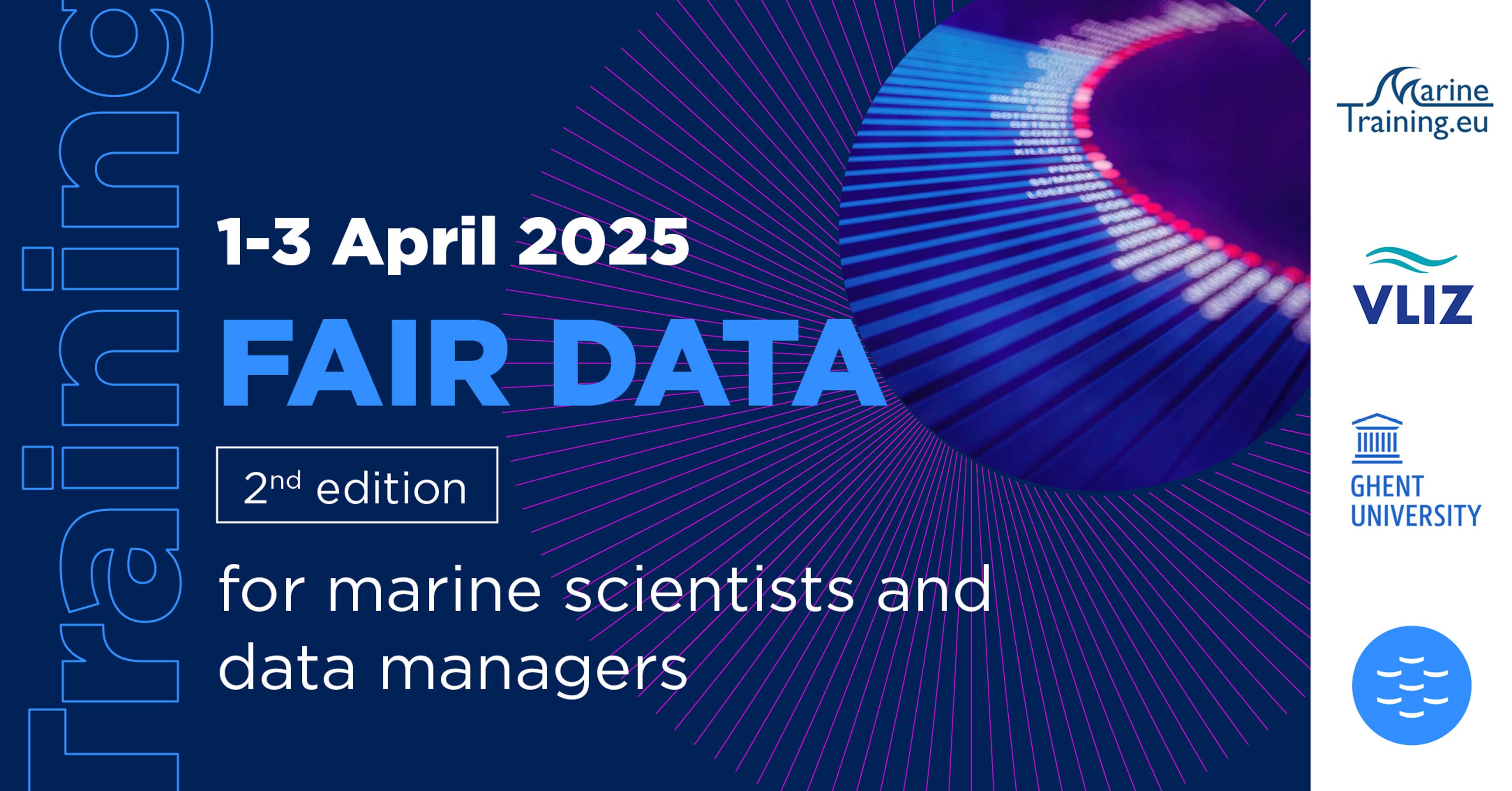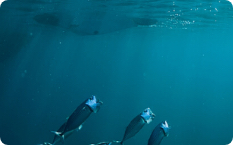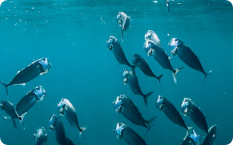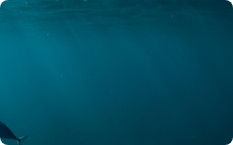The second edition of the EMBRC FAIR training course invites marine scientists, biodiversity scientists and laboratory technicians to enhance their skills in managing their research data. This three-day training course, funded by EMBRC Headquarters and organised by its Belgium partners (VLIZ and the University of Ghent), focuses on helping participants make the most of their data by applying FAIR principles.

Since the first edition in 2024, EMBRC and its partners have committed to bringing together participants from all the over the world for a unique training combining lectures and interactive discussions. FAIR data is a particularly important topic for EMBRC because of its potential to push forward knowledge of biodiversity by helping the research findings spread widely. The last edition this year gathered participants from 9 European countries.
For more information and to sign up, visit Marine Training website.
“Making research data accessible and reusable by others is really important as it adds to our knowledge and understanding of what goes on in the sea. Understanding FAIR data principles makes it easier for researchers to find and use each other's data, giving their work a longer lifetime and helping it to reach more people. As well as benefiting individual marine scientists and data managers, this also helps important marine biodiversity research spread more widely,” says Nicolas Pade, Executive Director, EMBRC Headquarters.
“FAIR data won’t happen unless data producers fully understand it. The practical knowledge in this training helps students make the most of their own research”, says Katrina Exter, Senior Science Officer at VLIZ, EMBRC Belgium.
Date & duration: April 1-3 2025 (3 days)
Location: onsite in Ostend, InnovOcean Campus or remotely for the first 2,5 days.
Course details:
Participants will learn how to make their data Findable, Accessible, Interoperable, and Re-usable (FAIR), as well as what the benefits are for their work and our marine ecosystems. The course will also include hands-on sessions to teach participants how to make their own datasets FAIR.
Target Audience:
This practical, hands-on course is designed for:
- marine biologists
- Ph.D. students
- future data managers
- lab technicians
- anyone with experience in collecting and managing data
Prerequisites:
Basic understanding of working with spreadsheets and some experience producing experimental data.
Program overview:
- Days 1-3 (online and in-person):
These days will offer a mix of lectures, exercises, interactive sessions, and discussions for both on-site and remote participants, covering: - Practical tactics for making different types of data Findable online
- Various methods to make data Accessible
- Ensuring data and metadata are Interoperable (understandable by everyone)
- Understanding how provenance supports Reusability
- How to bring it all together in a Data Management Plan
- Day 3 afternoon (in-person only):
On this final afternoon, an interactive session to practice what has been learned will be held. Then, the VLIZ Data Centre will host a “Data FAIRness Clinic” session to teach participants how to make their own datasets FAIR, discussing their data management issues.
Course Capacity: 20-30 participants
Instructors:
- Katrina Exter is a Data Manager of the Open Science team at the Flanders Marine Institute (VLIZ) Data Centre. She has extensive experience in promoting FAIR (Findable, Accessible, Interoperable, Reusable) and Open Data principles. She is keen to embed a practical understanding of FAIR data in the minds of all marine scientists.
- Joanna Goley is a teaching assistant in the Open Science Team at VLIZ. Her role involves facilitating discussions, providing guidance on data management and DMPs, and fostering a collaborative learning environment. She is excited to engage with participants in this course to help them develop the skills needed to navigate the evolving landscape of data responsibly.
For more information and to sign up, visit Marine Training website.
















